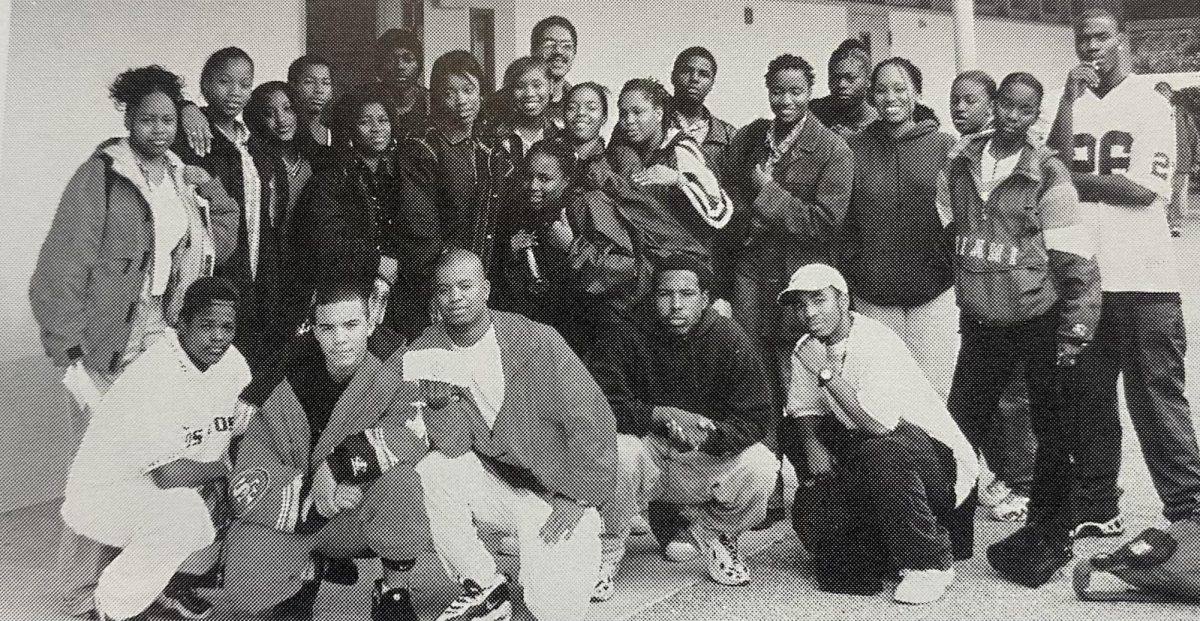← Back to “What Does it Mean to Be American?”
Senior Marika Lee hardly notices the mosquitoes and rain as she prepares for combat. It’s not even 4 a.m.
Marika is one of the nearly 1.5 million Americans actively participating in the armed forces, the men and women who serve this country and shape it in ways unimaginable to citizens. Since 9/11, national defense has shaped—if not divided—American politics. According to a CNN poll, over 60 percent of Americans believe that all troops in Afghanistan should be brought home immediately and oppose the Iraq war. But for students involved with the armed forces, the numbers don’t tell the whole story.
Their story is one of family and friends and sacrifice.
“A lot of times, people think of stereotypes for any soldier, but I think they’re just doing their job,” said junior Chip Cantrell, a member of the Civil Air Patrol. “I’m not saying I’m into this whole ‘war is awesome’ ideal, but that’s what they sacrifice to do for our country.”
Senior Diamara Planell’s dad makes such sacrifices: He has been serving in the army her whole life. Diamara recalls a time when her dad was away for about three months for training, and he planned an early visit back.
“It was amazing just to see him home after so long,” Diamara said.
Junior Peter Sobrino shares a similar story. When he was only three years old, his dad moved from base to base, often sending him postcards. The stories that his dad told him about the armed forces inspired Peter to join.
With unpopular wars in Iraq and Afghanistan entering their ninth year, patience snaps and frustrations fall on politicians and soldiers alike. But for students like Marika, Chip, Diamara and Peter, patriotism isn’t about agreeing or disagreeing with the war but supporting the troops—in their case, friends and family—especially in times of dissent.
For Chip, the experiences of not only flying planes but also of meeting the men and women in the cockpit never let him forget that there’s a face and story behind casualties.
“There’s not only the physical sacrifice, but also the mental sacrifice of being away from family, being with friends, going without certain things that we just take for granted that seem so normal,” Chip said.
Because in the end, once you get through the politics and the sound bites and the evening news—war is still war. People will be injured, broken and killed. Citizens can forget and criticize the war and the soldiers, but those involved with the armed forces always remember the cost.
“I’ve seen people risk their lives, people crying when they’ve come back from Iraq,” Diamara said. “War isn’t racist or picky; it can hurt anyone at any time.”







